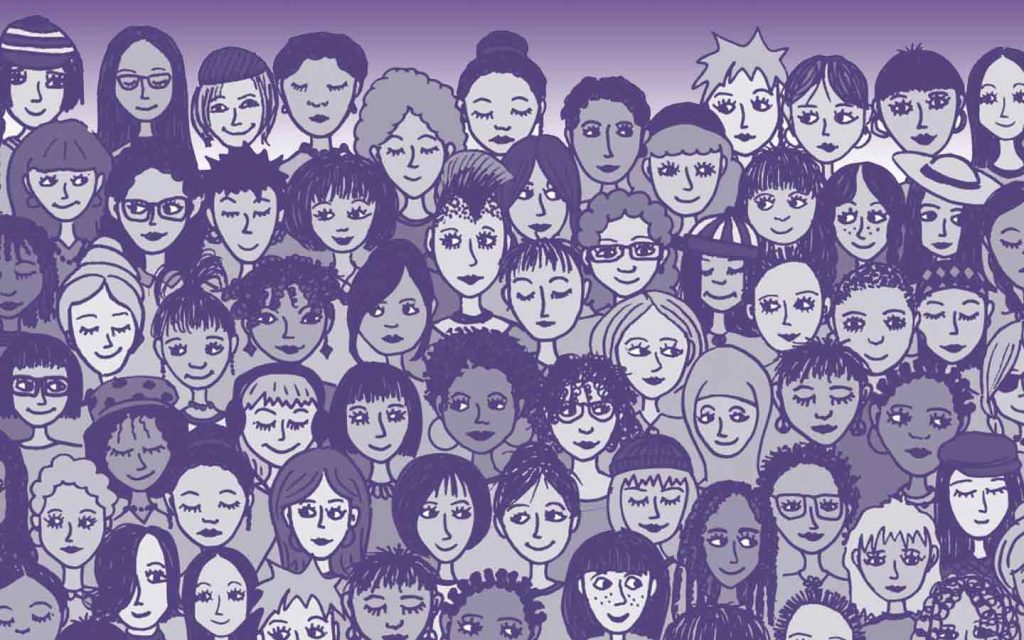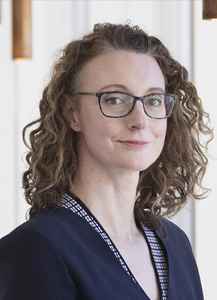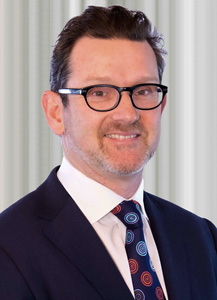Breaking the bias this International Women’s Day
Today, and all days, we stand with all those working to create an equal world, free from bias and discrimination.

Together, let’s normalise a more balanced and equitable world. A world where men and women are seen for their skill and contribution, not on preconceptions of their ability based on gender.
Together, let’s #breakthebias
A few reflections from ARENA’s team:
Rachele Williams, General Manager Projects

Choosing a career in traditionally male dominated industry has not been easy.
I’ll never forget the disappointed face of a supervisor at a steel works where I was doing industrial experience. He had sworn, and then apologised to me. I wanted to make him feel at ease and said in jest, “I don’t “f%&king mind”. That face told me very clearly young ladies did not swear and I had made a huge misstep.
Years later, with an opportunity to speak in front of our new HR executive, I chose not to follow the instructions to give a synopsis of the ‘Women in STEM’ conference I’d been sent to and instead catalogued all the sexual harassment, bullying, and discriminatory behaviour I had experienced as a young engineer. Relevant and poignant context I thought for what it was like being a ‘woman in STEM’. While I had many colleagues congratulate my bravery, the silence from on high told me I had again misstepped.
And when I was given the opportunity of a lifetime to shadow a CEO, I was summoned to my executive’s office and warned that I would now have to consider how I speak and present myself. I’m sure in his mind he was helping me, but all I heard was the myriad of ways I could make mistakes again.
It’s easy to think when the ‘mistakes’ keep happening that it is a you thing. Somehow it’s easy to argue that you were too brash, too forward, too difficult or sometimes, just too much. But then I observed those same scenarios happening to others and I learnt the disappointing lesson that this wasn’t a ‘me thing’. The assumptions and stereotypes about women and in particular women in traditionally male roles and industries were everywhere.
For me, International Women’s Day is not just about celebrating women. It’s about recognising the importance of diversity. I don’t believe that women have special leadership, or engineering or STEM skills. I don’t believe that men do either. I think smart, capable, talented people are people – from all corners of the world, and from all walks of life.
The problems facing the world today are wickedly difficult and it will take all of our efforts to solve them. We simply cannot afford to not have everyone at the table.
Actively fighting against our biases will dramatically increase the talent pool from which we can draw the inventors, problem solvers, and revolutionaries.
This International Women’s Day, challenge yourself to hold back from preconceived ideas about what genders should and shouldn’t be, and take a moment to see each person for their talents, experience and potential.
You’ll be amazed at what you may find.
Chris Faris, Chief Operating Officer

Have you ever been in a work meeting when some-one’s great idea is misattributed to someone else in the room? If you have, my guess is that it was a woman’s idea credited to a man.
I know, because I’ve done it myself.[i]
If you think women’s equality is just a women’s issue – think again, or better yet, listen to Gloria Steinem:
“The story of women’s struggle for equality belongs to no single feminist, nor to any one organization, but to the collective efforts of all who care about human rights.”
On International Women’s Day, let’s all celebrate the achievements and contribution of women, and commit to accelerating gender parity.
We all have biases. It’s part of being human. We accumulate them from our social circumstances, upbringing and experiences.
We can’t avoid having biases. We can do our best to be aware of them, counteract them and minimise their impact on others.
If you think about the impact of all the gender biases of senior decision-makers over the years, it adds up to a pretty significant systemic obstacle for the advancement of women’s careers.
Who wouldn’t want to help break down the barriers preventing women from achieving their full potential, and being fairly recognized for their contribution?
So, here are some humble suggestions on things we can all consider to support women in our workplaces:
- Listen carefully to who says what in your workplace. Don’t misattribute a good idea from a woman to a man. Actively (and accurately) validate contributions from everyone in your meetings, regardless of gender.
- Think about how your own biases may affect your behaviour and workplace decisions. See if you can put in place measures to counteract them. Ask a trusted colleague for their observations.
- Elizabeth Broderick AO, Former Sex Discrimination Commissioner, recommends “If men could do one thing to advance gender equality, it would be to make visible their caring responsibilities”. So – instead of saying “I have to leave work a little early today”, try sharing a more authentic version of yourself by giving some context: “I need to leave early to take my child / partner / parent to the doctor.”
While we celebrate women, let’s also reflect on what we can all do to create safe and supportive workplaces in which women can achieve their full potential.
Like Gloria Steinem said: It’s not a gender thing; it’s a human thing.
[i] (Indra Nooyi, longtime CEO and Chair of PepsiCo, talks about her brilliant solution to this dilemma in this great podcast from Adam Grant’s “WorkLife” series – highly recommended.)
Darren Miller, Chief Executive Officer

This International Women’s Day, I’ve been reflecting upon unconscious bias, and realising the limitations of our own experiences or our own identity can create a blind spot for all of us.
A few decades ago, I remember a corporate leader I worked for remarking to a pregnant colleague how another woman who worked for him had been back at the office two days after giving birth, and half-jokingly expecting she would do the same. She was mortified, and so was I. As a man who had never been a primary carer, he had no awareness of what he was suggesting.
The energy sector has historically been male dominated and remains so, and this leads to not thinking about how we exclude women – at times without even realising we are doing it.
Some things do seem to have gotten better…
We have incredible women in leadership roles across the energy sector.
We have more female representatives in senior management and on our own boards, although still not enough.
We have started to have important conversations about how women are treated in workplaces – such as how we deal with harassment, the gender pay gap and how we ensure women are given the same opportunities for career advancement when they return to work after having children.
As a society as a whole, we are slowly becoming more flexible around parental and carer responsibilities – regardless of whether the parent or carer is a man or a woman – and as we rethink the future of work following two years of working from home, we should be mindful of how flexibility can benefit both genders, and help level the playing field.
But we still have a long way to go, and we have to remember to think about taking proactive steps to include female and diverse voices in conversations and in decision making from the beginning.
If you find yourself in a meeting with no women in the room, it is important to stop and reflect on what decisions – even unconscious ones – led to having a room full of men without any female voices.
From an early age, we might gravitate towards or surround ourselves with people who are demographically similar, have similar upbringings, political opinions, similar professional backgrounds and share the same identity.
This is about who we surround ourselves with at work, who we have after work drinks with, who we get coffee with or who we sit with, as well as who we hire for the role, who we consider for a new opportunity and who we invite to the meeting.
While that might be natural, we should all take time to stop and think about who we are excluding and how surrounding ourselves with more diversity of all kinds challenges the narrowness of our thinking, and creates better outcomes for all.

ARENA